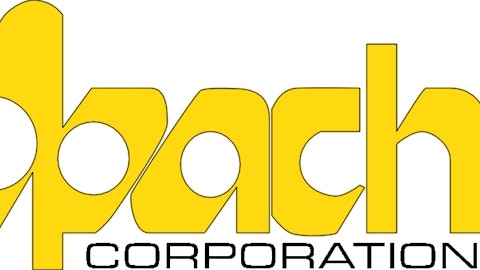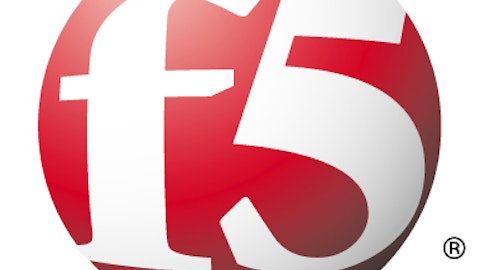The price of natural gas has stayed stubbornly below $4 for what has seemed like an eternity. As a result, the market has been punishing virtually every stock that would seem to benefit from a rise in the price of natural gas. It’s especially punished the companies that make money on hydraulic fracturing as drillers increasingly pull back capital on dry gas-focused projects.

I can understand why the shorts are piling into the stock. It’s definitely tied to fracking, and that’s not the easiest story to follow, as there are a lot of moving parts. However, shorts need to be careful that they don’t end up drowning. There are two important aspects of Heckmann’s business that I think they, along with the rest of the market, are overlooking.
It’s a pure play for pure water
As investors, we really don’t think a lot about water, because there’s really no way to invest directly in water. However, the estimates on the need for investment in water infrastructure are staggering, with some as high as a trillion dollars. While Heckmann Corporation (NYSE:HEK) won’t solve all of our future water problems, it is working on one of the most important: cleaning up frack water.
That being said, I wouldn’t put it past Heckmann to move deeper into water, because the opportunity is so vast. Few companies are available on the public marketplace that are dedicated to solving our present and future water problems. As a leading global water technology provider, Xylem Inc (NYSE:XYL) is one of the more interesting true pure-play water companies. However, because of the environmental controversies surrounding fracking, I think Heckmann Corporation (NYSE:HEK) can really make a name for itself on the public market as it becomes the name in providing a solution. From there, the company has a number of ways to keep the profits flowing as it diversifies into other water-related businesses.
Its revenue is very wet
The other area I think shorts are overlooking is the that Heckmann is no longer a natural gas story. Its deal for Power Fuels late last year added the Bakken to its operations while also bringing its liquids and oil related revenue up to 70% of total revenue. That’s the sweet spot these days for drillers, meaning that Heckmann’s revenue is in no danger of drying up.
In fact, because of its size and scale, it’s more attractive to customers as it offers a complete system to them across almost all of the basins in which they operate. That’s one reason the company can attract multi-basin customers such as Chesapeake Energy Corporation (NYSE:CHK) and EOG Resources Inc (NYSE:EOG). Chesapeake might be the second largest natural gas producer, but it has acreage in 10 of the core shale plays where it can focus its capital on drilling liquids-rich opportunities. EOG is also spread across many of the best liquids plays, including the Bakken, which is one of the few prime locations that Chesapeake lacks. As Heckmann becomes more deeply embedded into its customers’ operations, it can really clean up as they keep fracking.
My Foolish take
I think Heckmann is a dangerous short. Sure, the financials are a bit tough to decipher thanks to its recent acquisitions, and it has its share of debt, but the long-term growth story is refreshing. Heckmann is one to watch as it continues to solidify its customer relationships through smart acquisitions and builds one of the more intriguing water plays on the market.
The article Why Does the Market Hate This Energy Company? originally appeared on Fool.com and is written by Matt DiLallo.
Fool contributor Matt DiLallo has no position in any stocks mentioned. The Motley Fool owns shares of Heckmann and has options on Chesapeake Energy and Heckmann.
Copyright © 1995 – 2013 The Motley Fool, LLC. All rights reserved. The Motley Fool has a disclosure policy.



